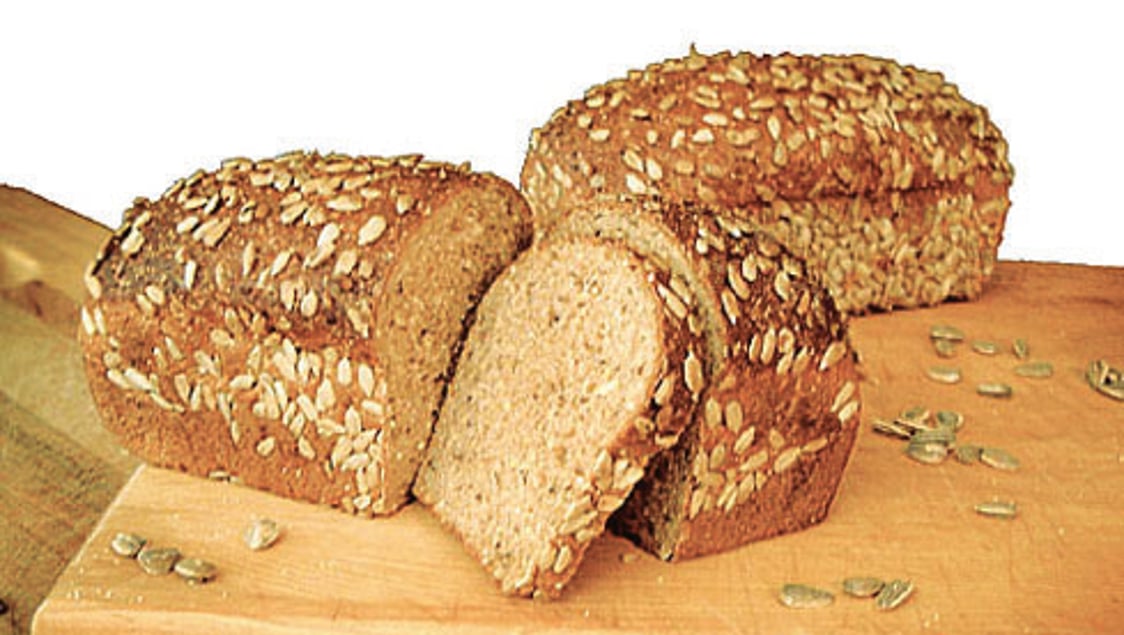
Issue 005
July 2005
It is often said that you cannot be a successful sportsperson as a vegetarian, especially in sports that rely on strength and power. Well, I know lots of people from a huge array of sports who build great physiques on a vegetarian diet; it just takes a little more consideration, especially in regard to protein quality. I have also come across some keen fighters who perform very well on a no-meat diet. Note, here I am talking about proper vegetarians, i.e. lacto-ovo vegetarians, not those folk who eat tuna and still claim to eat a vegetarian diet!
Science of vegetables
Generally, from a scientific perspective, vegetable proteins are of poorer quality than animal proteins. But, as vegetarians can still enjoy milk and egg proteins they may still take advantage of HBV (high biological value) proteins. The key to obtaining good quality protein lies in combining different protein sources and eating a variety of different foods.
True vegans will avoid all products of animal origin, so an adequate nutritious diet is even more difficult. For a vegan fighter a strict regimen will need to be followed, especially to ensure that a varied diet is still consumed. Remember also that many quality supplements are derived from animal products —creatine, whey protein and meal replacement powders (MRPs), for example — so vegans will have to avoid them. If you are in doubt about a product, check with the manufacturer. As there are so many exclusions in the vegan diet, I strongly feel that isolated soya protein or pea protein is an absolute must-have supplement for the vegan trainer.
Non-meat Protein Sources
Other great protein sources that vegetarians and vegans can enjoy are mixed beans, baked beans, hummus, tofu, Quorn, textured vegetable protein (TVP), soya, coconut, oat and rice milk and many more. Often these products do have a reasonable carbohydrate content too, useful for gaining weight, and are low in fat. Vegans would be wise to include seaweed or a vitamin B12 supplement daily as without animal products their diets may be deficient in vitamin B12.
Vegans who choose to follow the above plan, should substitute milk with rice or soya milk, whey or weight gain powders with soya isolate or pea protein with water or soya milk, cheese and cottage cheese with hummus and yoghurts with soya-based desserts.
Remember, this plan is merely a guide. Eat a variety of different protein sources, complex carbohydrates, and fruit and vegetables every day, and drink plenty of water. If you are still not progressing, adjust portion sizes of protein and carbohydrate foods; if you are starting to hold a little body fat, reduce portion sizes of carbohydrate foods slightly.










